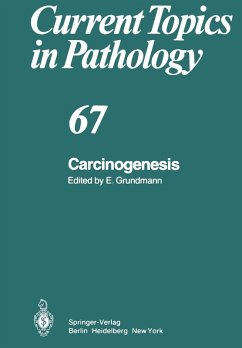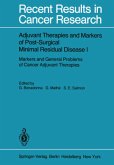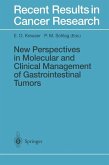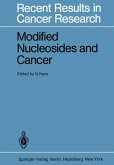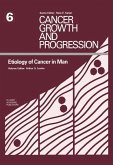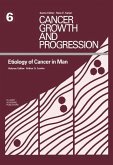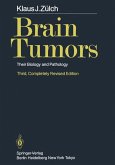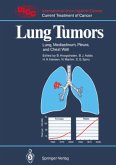1. Concepts on the Causal Genesis of Human Intestinal Tumors The action of chemical substances has a significant role in the genesis of human tumors. It is assumed that most human tumors are induced by exogenous chemical noxae (Schmahl, 1970;Heidelberger, 1975; and others). In the course of intensive efforts to discover the principles of tumor etiology, important insights have resulted in recent years. These are that chemical carcinogens do not only arise as products of our tech nological civilization, but that they also occur in nature as potent solitary carcinogens and cocarcinogens (e. g. , as plant products). For review, see Hecker (1972) and Preuss mann (1975). Not only "complete" carcinogens are significant for the genesis of tu mors, but also substances which are first transformed to the actual carcinogenic com pound in the organism (Schmahl, 1975). The causal significance of exogenous noxae in carcinogenesis is indicated by the fact emphasized by Bauer (1963) that malignant tumors occur predilectively at those sites in the body which are in direct or indirect contact with the environment. This applies especially to the intestinal tract.
Hinweis: Dieser Artikel kann nur an eine deutsche Lieferadresse ausgeliefert werden.
Hinweis: Dieser Artikel kann nur an eine deutsche Lieferadresse ausgeliefert werden.

